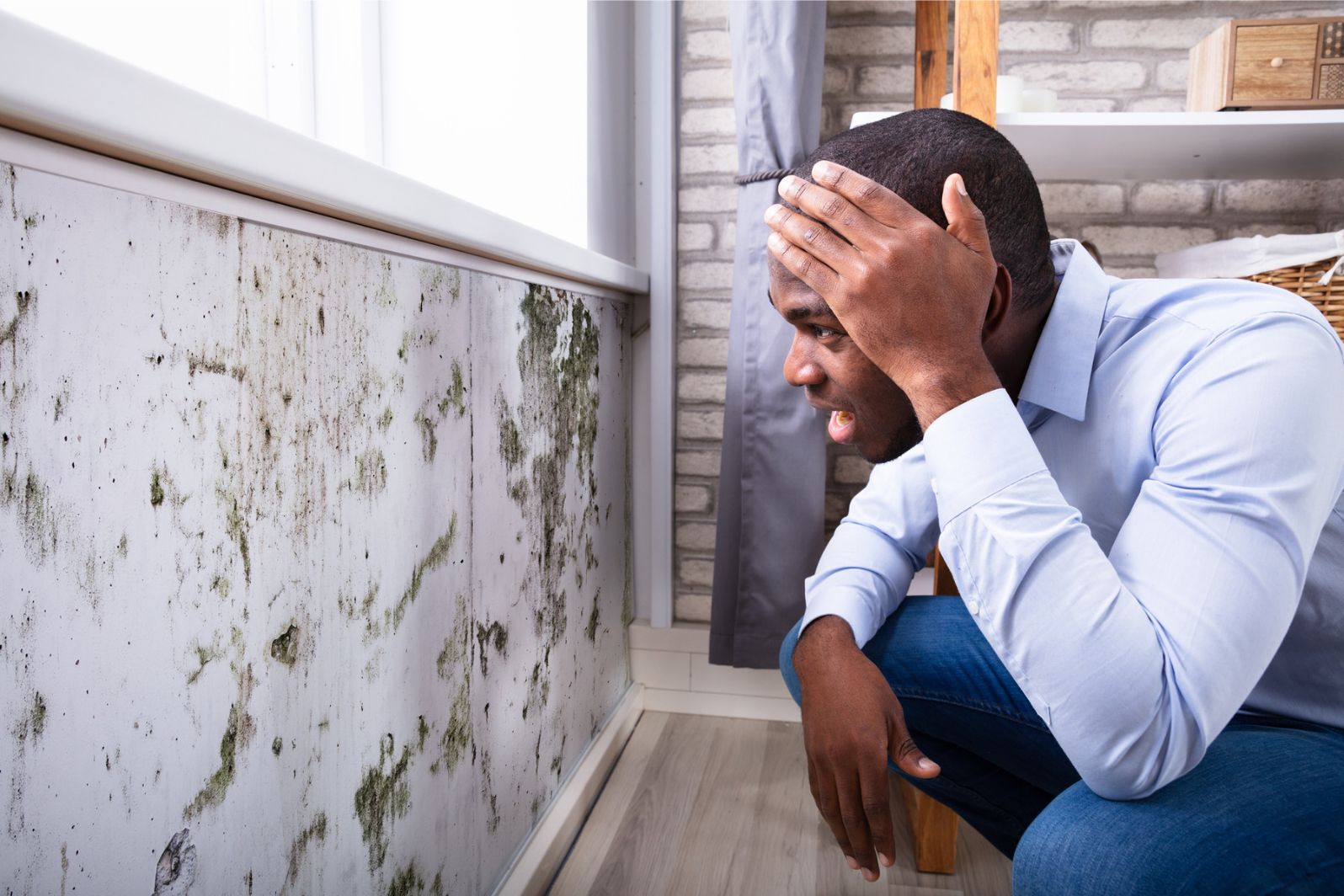Are you worried that your basement is producing mold? You’re not the only one.
Mold is highly prevalent; many homes have moldy basements or wall issues. Normally, these homes don’t experience the health problems that have made you so concerned.
With that being said, though, it never hurts to give your basement a quick check-up to ease your mind. The quicker you check, the easier it will be to treat any issues.
If you need help figuring out where to start, keep reading. Below, we’ve outlined five symptoms of a moldy basement.
1. Musty Odor
A musty odor is a key indicator of a mold infestation. If you detect a persistent, earthy smell in your basement, mold is likely present. Mold releases volatile organic compounds (VOCs) that create a musty odor.
Even if you can’t visually identify types of mold growth, the distinct smell should not be ignored. It’s important to address the issue promptly since mold can cause health problems and damage to your home. Investigate the source of the odor, check for other signs of mold, and consider consulting professional basement cleaners to conduct a thorough inspection and provide appropriate remediation if necessary.
Preventing basement water seepage is key to addressing water intrusion issues effectively. By taking proactive measures such as sealing foundation cracks, installing proper drainage systems, and ensuring gutters direct water away from your home, you can mitigate the risks of leaks and the damage they cause
2. Visible Mold Growth
Visible mold growth is a clear indication of a mold problem that calls for professional Mold Remediation in East Lyme, CT, or elsewhere. Check your basement walls, floors, and ceilings for any signs of mold growth. Mold typically appears as discolored patches, often black or greenish, but can also be white, gray, or brown.
Pay close attention to areas prone to moisture, such as around pipes, windows, or where water has previously leaked.
3. Water Intrusion or Leaks
Water intrusion or leaks are major contributors to mold growth. If your basement has experienced flooding or you noticed water stains, dampness, or pooling water, mold has likely taken hold. Moisture provides the ideal environment for mold to thrive, so addressing the underlying water issue is crucial to preventing mold growth.
4. Allergic Reactions or Respiratory Problems
Mold spores can also trigger allergic reactions and cause respiratory problems in sensitive individuals. If members of your family members experience unexplained allergic reactions, such as, coughing, itchy eyes, sneezing, or a runny nose when they go in the basement, it could be a sign of mold contamination. Pay attention to any health issues that improve when you leave the basement, as this could indicate a mold problem.
5. Peeling or Warped Surfaces
Mold growth often causes materials in the basement to deteriorate. It could be due to mold if you notice peeling paint, wallpaper, or warped surfaces.
Mold feeds on organic materials such as wood, drywall, and fabric, leading to structural damage over time. Look for any visible signs of deterioration, as they may indirectly result from mold growth.
Pay Attention to Signs of a Moldy Basement
Mold can be a serious issue in a home if left unchecked. Pay close attention to warning signs such as a musty smell or discolored patches on walls, and contact a professional if you are concerned about a moldy basement. Act now and protect your family and your property from the potentially harmful effects of mold.
Was this helpful? If so, please keep reading for more helpful home tips.



